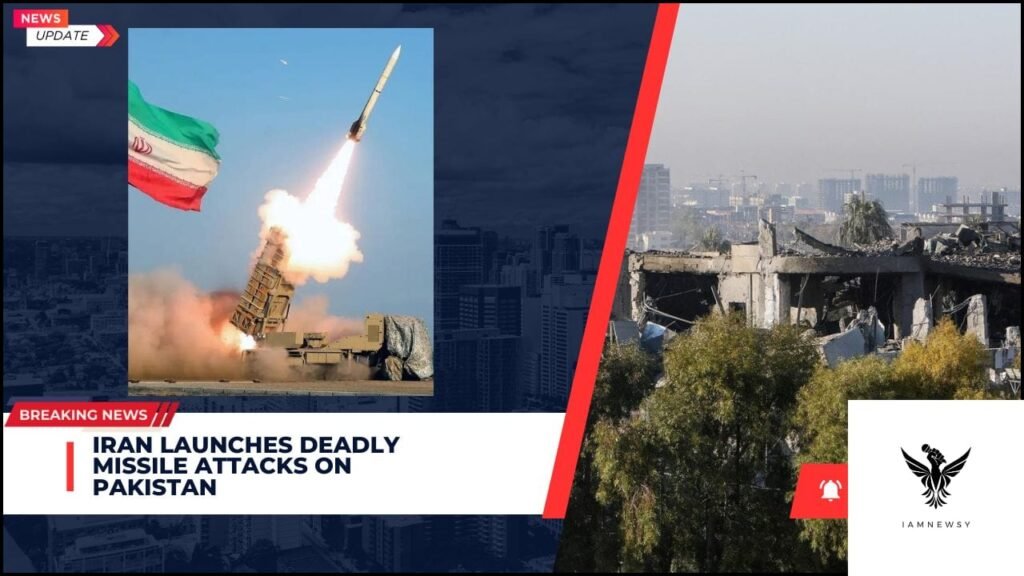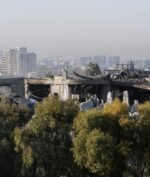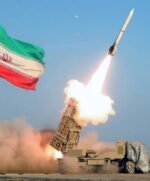
Why Iran Attacks On Pakistan ?
Iran Attacks On Pakistan. Iran’s state-aligned Tasnim news agency stated that it destroyed two strongholds of the Sunni militant group Jaish al-Adl, also known as Jaish al-Dhulm in Iran, in the Koh-e-Sabz area of Pakistan’s southwest Balochistan province, using “precision missile and drone strikes.”
Iran declared on Wednesday that “none of the nationals of the friendly country of Pakistan were targeted” in the strike and that it “only targeted Iranian terrorists on the Pakistani side.”
“We do not tolerate the jeopardization or tampering with our national security, even as we respect Pakistan’s sovereignty and territorial integrity. Iran’s Foreign Minister Hossein Amir-Abdollahian declared, “We have no reservations when it comes to our national interest,” during a speech at the World Economic Forum in Davos, Switzerland.
The attacks in Pakistan occurred the day after ballistic missiles were fired by Iran’s Revolutionary Guards against what they said was a “anti-Iran terror group” in Syria and an intelligence operative base for Israel’s Mossad in Erbil, northern Iraq.
Iran claimed that targets in Syria were involved in the recent twin bombings in the city of Kerman during a memorial for the slain Quds Force Commander Qasem Soleimani, which left numerous people dead or injured. Iran said that the strikes in Iraq were in retaliation for what it said were Israeli attacks that killed Iranian Revolutionary Guard commanders.
According to a statement released on Tuesday by the Iranian Foreign Ministry’s spokeswoman Nasser Kannaani, the attacks were justified as a “precise and targeted” operation to deter security threats.
The attacks by Iran will exacerbate concerns that Israel’s conflict in Gaza may escalate into a full-scale conflict in the Middle East with dire political, economic, and humanitarian ramifications. The United Nations stated that “security concerns must be addressed through dialogue, not strikes,” while the United States denounced the assaults in Syria and Iraq as “reckless” and imprecise.

Will Pakistan Retaliate against ‘Unacceptable’ Iran Air attacks?
Analysts warn that, less than a month before the national election, Iran’s airstrikes within Pakistani territory on Tuesday night in the southwest province of Balochistan pose a threat to draw Islamabad into a larger regional confrontation.
According to a statement released by the Pakistani Ministry of Foreign Affairs, the attacks, which Iran claimed were directed towards the militant group Jaish al-Adl (Army of Justice), claimed the lives of at least two children and injured three others.
Pakistan’s envoy in Tehran has been recalled, the ministry said on Wednesday, adding that it “strongly condemned” the event, which happened close to the border city of Panjgur and described as a breach of Pakistani sovereignty.
This illegal act has no justification at all and is utterly reprehensible.
Pakistan is reserving the right to take action against this unlawful act. Iran will bear full responsibility for the repercussions, the statement read.
What’s Jaish al-Adl, targeted by Iran in a strike?
The “Army of Justice,” or Jaish al-Adl, is a Sunni militant group that was founded in 2012 and is largely present in Pakistan. Iran has dealt with the organization along its border in the past, but the recent missile and drone attack on Pakistani territory shows that Iran is taking a more active stance.
“Iran-Pakistan Delicate Relations:
The 959-kilometer border between Iran and Pakistan is mostly in the unstable province of Sistan-Balochistan, where the Shiite-dominated government discriminates against and represses the Sunni minority in Iran.
Pakistan has faced threats of military action from Iran because of Pakistan’s alleged assistance and sheltering of militant groups that carry out cross-border assaults. Pakistan has urged Iran to maintain its territorial integrity while refuting these accusations.
Tensions between the two countries have also arisen from their regional affiliations and rivalries.
They have made an effort to continue working together and communicating on a number of topics, such as trade, energy, and security, despite these disagreements.
